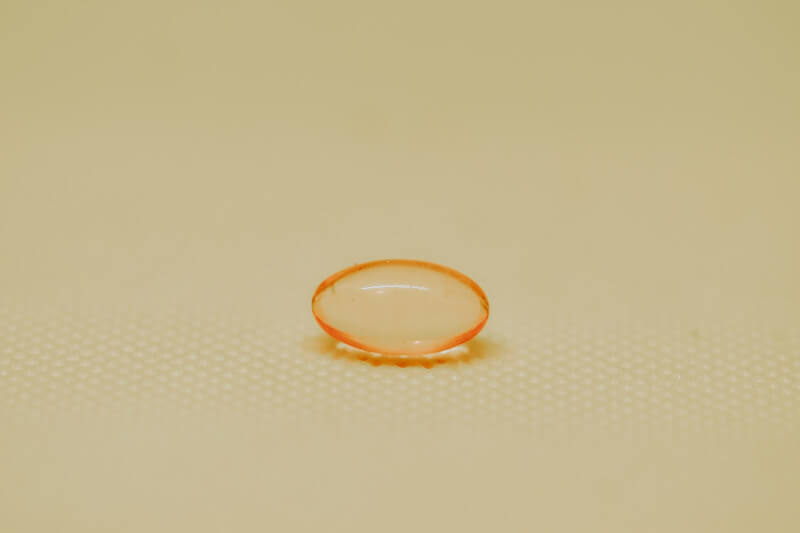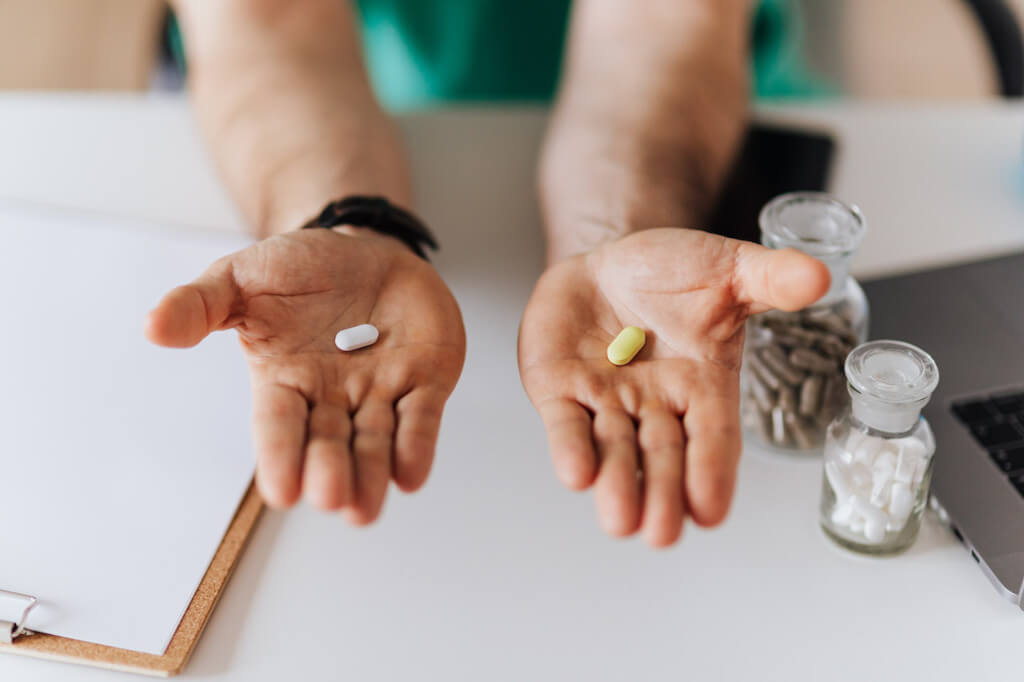Are you aware that eating a healthy diet is the most effective way for men to satisfy their body’s cravings for the minerals and vitamins it needs to perform at their peak level? Even though this may be the case, over ninety percent of individuals around the world still aren’t getting the right nutrition they need through the food they eat.
You have only one body available to you. One stunningly attractive body, with sturdy legs and potent arms, that is capable of lifting you to heights you could never have imagined. It functions like a well-oiled machine, with every part serving a specific purpose that contributes to your overall sensation of health and well-being. Your body will start to slow down and display indications to guide you to get your eating plan back on course if it isn’t receiving the correct nutrients it requires.
Nevertheless, given that we are human and that life can at times become hectic, it can be a challenge to keep in mind to take the time to sit down and enjoy a meal that is good for you. Vitamin supplements are a well-liked option among many people who are working to close the health and nutrition gap. They assist men all over the world in obtaining the necessary nutrients that are advised to consume by the Recommended Dietary Allowance (RDA).
Have you ever been in a pharmacy and walked past the vitamin aisle, only to feel like you needed to pull your hair out because there were so many different options to choose from? The wellness and health sector is booming right now, and it appears that a new supplement is released every single day. This can make going to the store a little bit intimidating, to be honest. Continue reading if you’re a man who would like to improve his health but is unsure how to get started doing so because this article is for you! We are going to delve deep into the topic of daily multivitamins for men and provide you with all of the information that you require.
Multivitamins For Men
In the past, if you wished to boost your diet with a multivitamin, you would go to your neighborhood pharmacy, find a bottle branded “multivitamin,” and pick it up. It didn’t matter which bottle you picked, as long as it said “multivitamin” on the label. There wasn’t a thing like a vitamin that was tailored to a particular gender.
Because men and women have distinct anatomical structures, their bodies are also very different, and they have very different requirements. Even though multivitamins have indeed been around for quite some time, it is only very recently that healthcare and medicine have started to become more individualized.

There is currently no longer such a thing as a universal multivitamin, and the RDA demonstrates this fact by providing different recommendations for the ideal level of nutrition based on gender. However, it’s not just the recommendations that are unique for men and women; the medical problems also vary between both sexes.
For instance, after the age of 30, women typically experience a significantly more rapid decline in bone mass than men do. This suggests that women may benefit from consuming a multivitamin that contains a greater quantity of calcium. Men, on the contrary, are more worried about the condition and function of their muscles, and they might benefit from taking a multivitamin that contains L-Glutamine, for instance. Click here to learn more about Health on Point’s Daily Mens Multivit. The various other vitamins that men can look into:
Vitamin D
Vitamin D is utilized by your muscle fibers each time they contract and relax. Additionally, this vitamin aids in the absorption of calcium and helps to keep your immune function in good working order. Milk and fish with high-fat content are both excellent sources. Several brand names of cereal, orange juice, yogurt, and butter are equipped with vitamin D. Other sources of vitamin D include fortified soy beverages (check the label).
Folate
Although we hear a lot about the benefits of folate for women, men need it, too! Your body requires folate to metabolize protein, produce healthy red blood cells, and end up making DNA (also called folic acid and folacin). Additionally, it is possible that this B vitamin can help to prevent unhealthful adjustments in sperm, which are connected to congenital anomalies in children. Kale, Brussels sprouts, asparagus, beans, nuts, and liver are all excellent sources of iron.
Calcium
This mineral is important for maintaining bone health, muscles, and nerves. For men in their 20s to build stronger, high-density bone fragments, it is particularly important for them to consume an adequate amount of calcium. Milk, yogurt, cheese, dark green leafy vegetables, fresh salmon and pilchards with soft, edible bones, calcium-fortified cereal products, and juices are all beneficial calcium sources.
Vitamin C
Benign prostatic hyperplasia, also known as BPH, is a condition that affects older men and is characterized by an enlarged prostate. This condition makes it difficult for the patient to urinate. Consuming a diet high in vitamin C from foods like fruits and vegetables has been linked to a reduced risk of BPH. Peppers, both green and red, kiwifruit, oranges, grapefruit, strawberries, tomatoes, potatoes, and broccoli are all excellent sources of vitamin C.
Potassium
The impacts of sodium on elevated blood pressure are partially neutralized by the presence of potassium. Because of this, it is an essential nutrient for sustaining healthy capillaries and warding off cardiovascular disease in middle-aged and older men. Kale, mushrooms, tomatoes, potatoes, sweet potatoes, melon, prunes, raisins, oranges, bananas, milk, yogurt, and tuna are all excellent sources of this nutrient.
Vitamin A
Consuming foods rich in vitamin A may, in addition to promoting strong immune function and better and healthier eyes, reduce the likelihood of developing prostate cancer in men. Dairy, fish, broccoli, carrots, leafy vegetables, squash, melon, mangoes, and apricots are all excellent sources of vitamin A.
Magnesium
This mineral is deficient in the diets of several men, particularly African men. Magnesium, in addition to its role in maintaining healthy muscle tissue, nerve endings, and joints, may also play a role in preventing cardiovascular disease and boosting the immune system. Spinach and other green leafy vegetables as well as beans, nuts, and seeds, as well as whole grain products, are all excellent sources.
Zinc
Zinc deficiency is common in men who adhere to a vegetarian diet. This mineral aids in the production of proteins all through the body, as well as in the fight against infectious disease and the healing of wounds. Red meat, seafood (particularly oysters), and chicken are all excellent sources of protein. Zinc is present in beans and whole grains, but its absorption is not nearly as efficient as that of zinc found in meat. Instead of buying multiple different supplements, visit Health on Point’s site to purchase a combination of Zinc, Magnesium, and Calcium.

